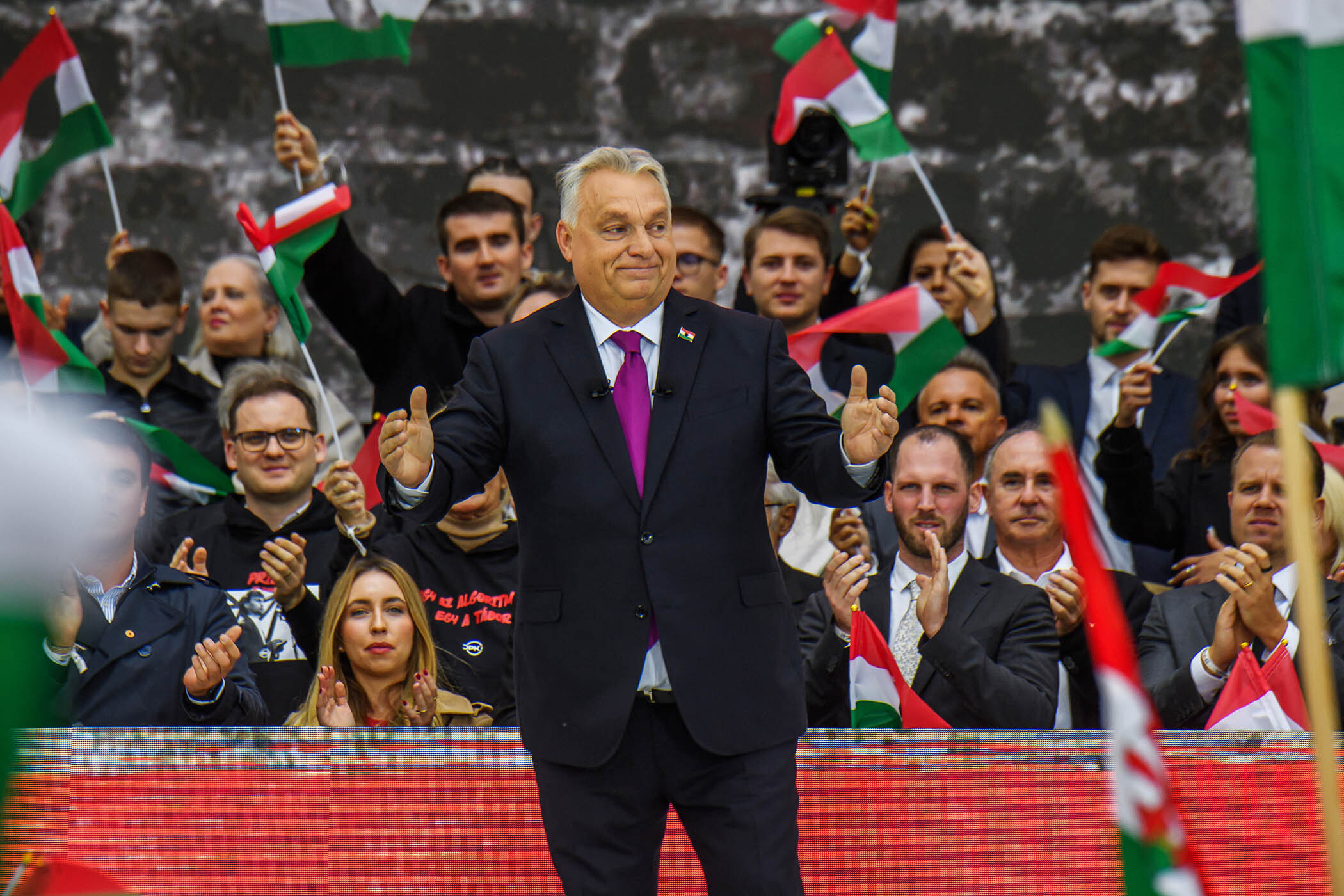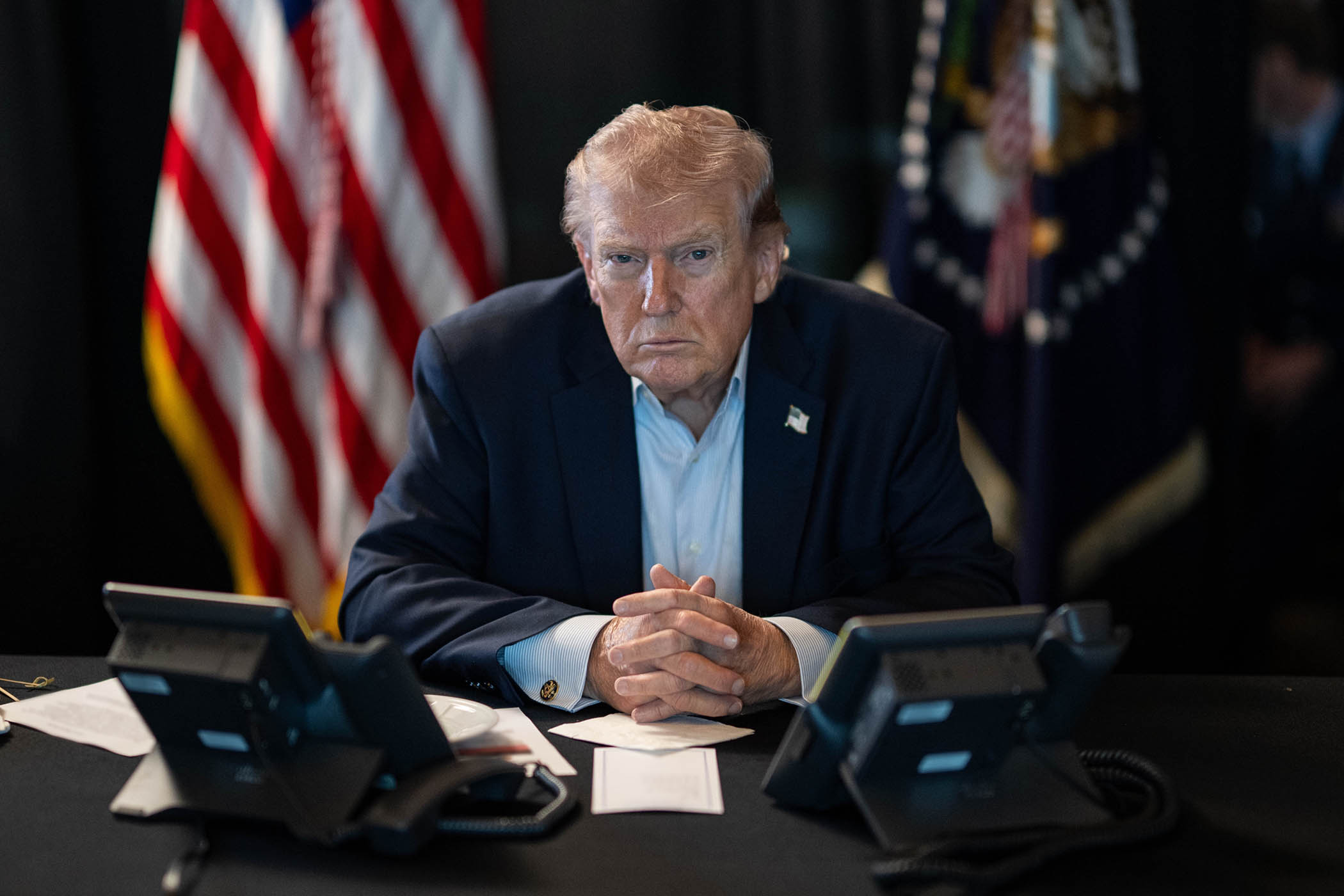Fore! Donald Trump will be visiting his golf courses in Scotland later in the month and Sir Keir Starmer will fly north to meet the US president. A London-based foreign diplomat wondered of me: “Has the prime minister been practising his swing?” I replied that he has no known interest in golf. I could have added that he turned down the honorary membership offered to all prime ministers by the club nearest to Chequers. But who knows? Given his dedication to nurturing relations with other leaders, the US president above all, maybe Sir Keir will use the impending parliamentary recess to head down to the driving range.
The time he has devoted to international relations and the relative success of his efforts has been a double surprise to Starmer-watchers. Given the groaning plate of domestic challenges he inherited, he came to power expecting to be primarily focussed on the home front. Yet people in a position to know reckon he’s spending roughly 50% of his working hours on international business. His calm and collected approach to crises has won plaudits even from political opponents. There’s a bittersweet feeling among colleagues that their leader has been more deft at representing Britain to the world than he has been at advocating for himself to Britons.
His avowed intent is to stay close to America while building partnerships in Europe. He has so far walked that tricky tightrope without falling off, by sustaining an odd-couple dynamic with the infamously thin-skinned US president while making relations with our closest neighbours the warmest than at any time in the nine years since the Brexit referendum. The recent visit by Friedrich Mertz, the German chancellor, put signatures on a friendship treaty with military cooperation at its core. The week before, Emmanuel Macron was in town for the full bells-and-whistles pageantry of a state visit during which the French president urged the two countries to stand “shoulder to shoulder” against threats to democracy and international law.
The size of Labour’s parliamentary majority helps. Recent experience has shown that it is no protection against backbench revolt, but it tells his international peer group that Sir Keir is very likely to be in post for at least another three to four years. That makes it worth investing in a relationship with him.
His personality is another advantage. What colleagues regard as flaws in the domestic arena can be virtues on the international stage. At home, he is accused of lacking an ideological lodestar and has frequently suggested that there will never be anything worthy of the label “Starmerism”. Unflashy pragmatism and lawyerly focus on detail may be a disappointment to those Labour people who yearn for more of “the vision thing”, but these attributes are assets when dealing with his variegated international peer group. As leaders go, he doesn’t carry bags of ego and doesn’t have a compulsion to show off, which helps when dealing with Macron and Trump, both competitive grandstanders.
“He’s established a rapport with people you wouldn’t expect,” remarks one minister. No two humans on the planet could be less alike than the UK prime minister and the US president. Exactly why Trump genuinely seems to like the prime minister is a bit baffling to Sir Keir himself. It probably helps that he’s not easily riled. Also, he’s not quick to take offence and is careful not to give it. Those who have observed his private interactions with other leaders report that the prime minister is astute about when to speak and when it is smarter to be listening.
Starmerish involves negotiating incremental steps in a sensible direction to make difficult situations a bit better
Starmerish involves negotiating incremental steps in a sensible direction to make difficult situations a bit better
He’s handled surprises with aplomb. When he made his visit to the White House back in February, Team Starmer expected the traditional routine in which private talks would be followed by a news conference. The prime minister managed to mask his shock when he was instantly thrown into a live media appearance with his host. He had the presence of mind to dip into his jacket pocket and produce the letter from King Charles inviting the president for a second state visit. That has been artfully timed for September dates when parliament will be in recess, thus avoiding the nightmarish prospect of Trump making an address to angry MPs or the US president taking umbrage at being refused the honour.
Sir Keir has had some luck. The American strike on Iranian nuclear facilities did not involve a request to use the Diego Garcia airbase, which would have confronted Number 10 with a nasty choice it did not want to make. The government has questions to answer about the Afghan data breach scandal, but the bulk of the culpability for the cover-up lands on the Tories who started it. Number 10’s anxieties about American intentions towards Ukraine spiked when Volodymyr Zelensky was monstered at the White House. Downing Street is sounding cautiously hopeful that Trump is shifting to a more supportive posture now that he is expressing mounting frustration with Vladimir Putin’s refusal to engage seriously with ceasefire talks.
Starmerism may be elusive, but some of his sympathisers talk about a style they admire as Starmerish. It eschews sweepingly grandiose visions of a new world order in the high-flown way of Tony Blair when he was in messianic mode. Starmerish involves negotiating incremental steps in a sensible direction to make difficult situations a bit better. The approach bore fruit in the trade agreement with the US which headed off some mortal threats to key UK employers such as the motor manufacturers. It was Starmerish – or possibly Starmerisch – to strike agreements with Germany to collaborate on cybersecurity and green hydrogen. The deal with France on “small boats” is a modest but welcome attempt to move towards a more effective way of dealing with Channel crossings.
The rapprochement is nothing like bold enough for those who want to see the UK back in a customs union or the single market, but progress has not been negligible. The most jagged edges of Boris Johnson’s botched Brexit have been smoothed with new trading arrangements. A review by thinktank UK in a Changing Europe finds Britain is now closely aligned with the EU in 21 policy areas, up from four last autumn. These include energy, competition policy, carbon trading and food standards.
Newsletters
Choose the newsletters you want to receive
View more
For information about how The Observer protects your data, read our Privacy Policy
Looking at Sir Keir’s purposeful and sure-footed alliance-making on the world stage, colleagues have just the one regret. If only, they sigh, they saw more of the same in the domestic arena.
Photograph by Stefan Rousseau/Getty



